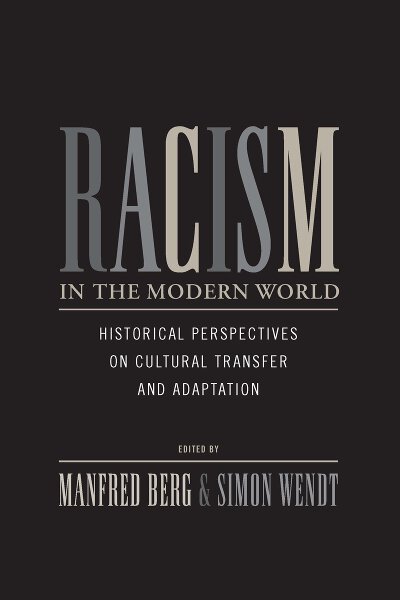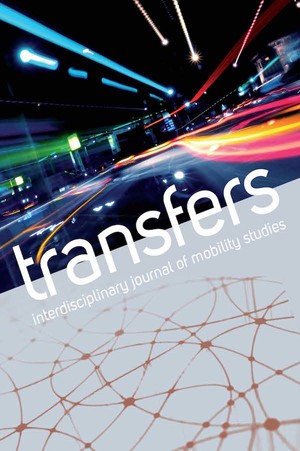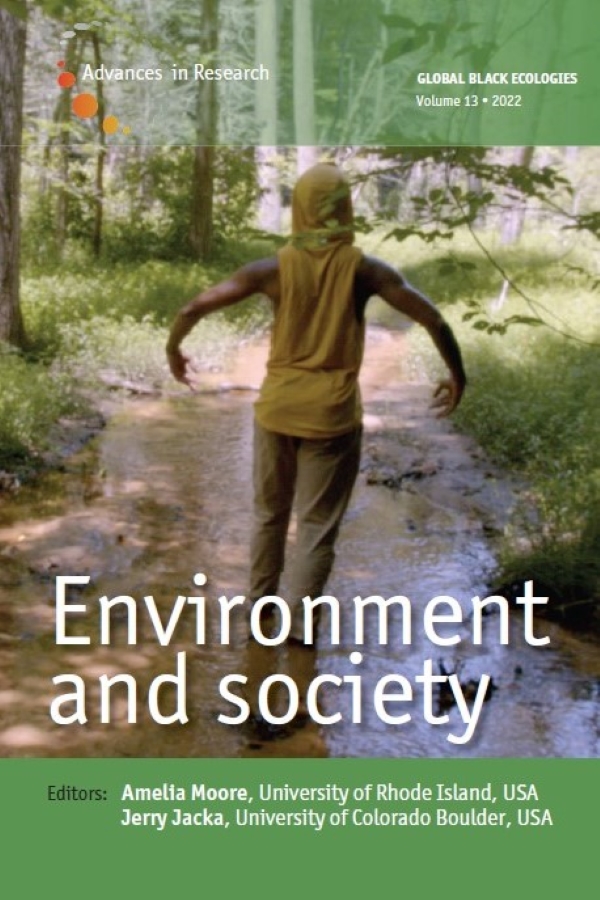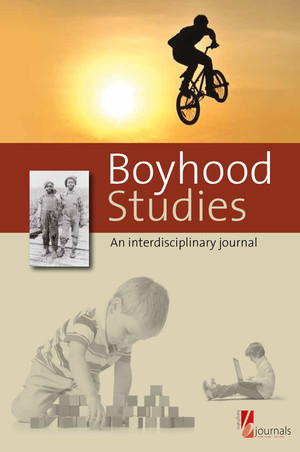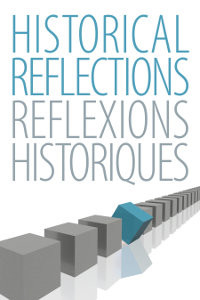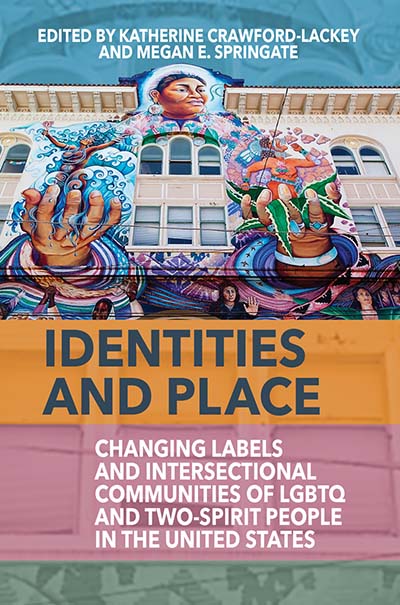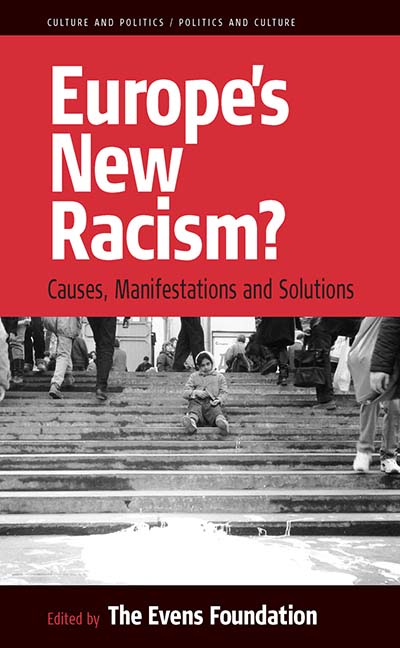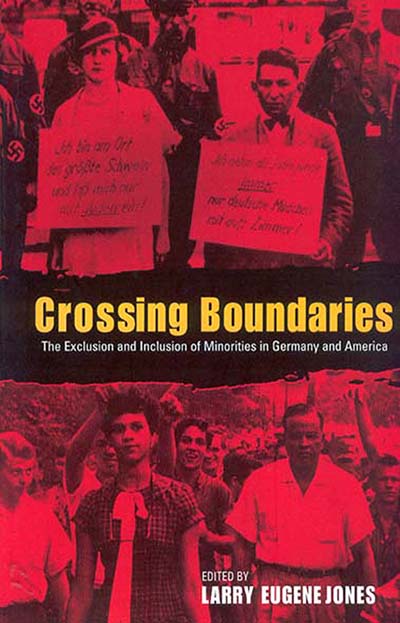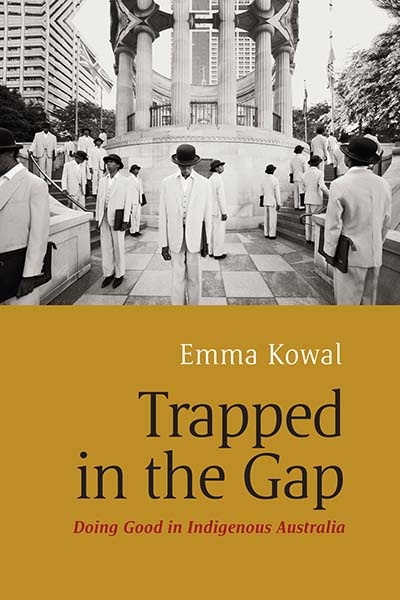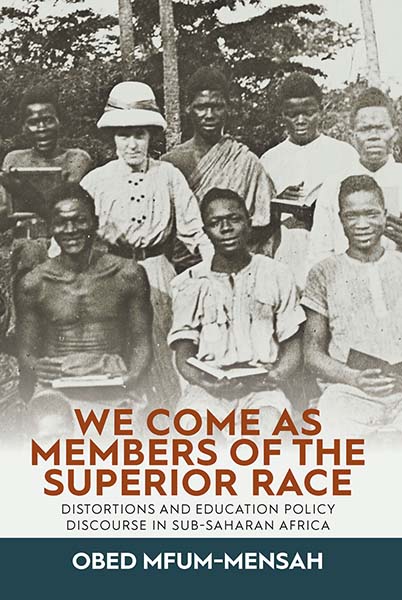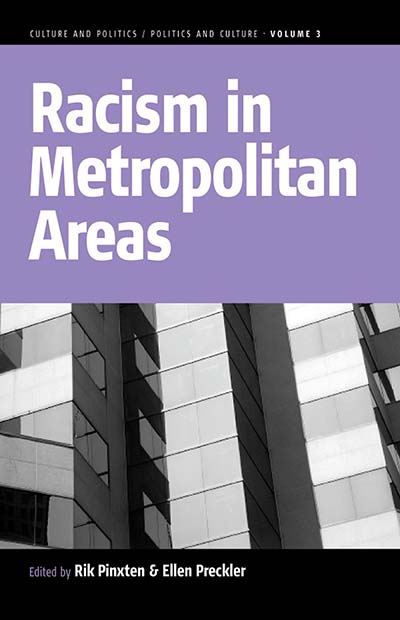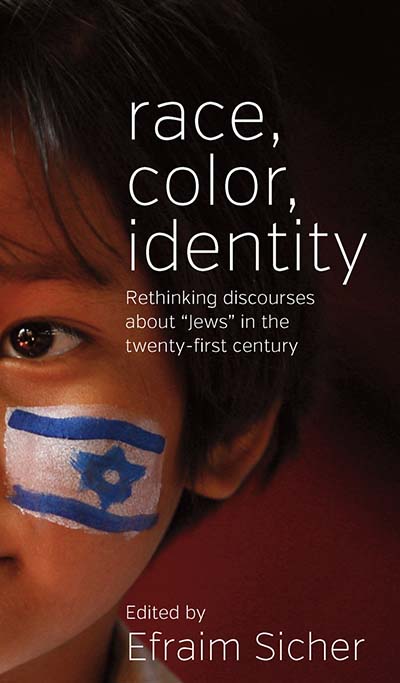
ANNOUNCING:
Reading Against Racism
a Berghahn Collection
Following an initial proposal for lasting solidarity in June of 2020, Berghahn Books committed to joining the global academic community and our publishing peers in challenging racism. Since then, we have fostered company-wide conversations on how best to contribute in perpetuity to that cause from the vantage point of our publishing program.
Through establishing a new collection titled Reading Against Racism: A Berghahn Collection, we have committed to increasing the visibility of and access to materials which contribute to ongoing conversations surrounding race and racism.
Here, a growing collection –– international in scope –– hosts contributions from our global community and is freely available as part of an expanded Digital Resources section to help further activity in vital areas of scholarship.
As we settle into a new academic year, we encourage you to use this as a teaching and learning resource, in or outside the classroom, or as a tool to continue your independent education.
Teachers, consider sharing this with your students. Students, consider this for your academic research. Individuals, consider adding this to your reading list or book club.
To coincide with the release of Reading Against Racism, our newest Salon B podcast episode features four interviews with writers included in the collection. This podcast episode thus serves as a friendly, informal introduction to the collection itself and a few of the individuals whose scholarly work has made this effort possible. Listen via the link below.
Reading Against Racism includes chapters and articles from the following works published by Berghahn Books and Berghahn Journals.
